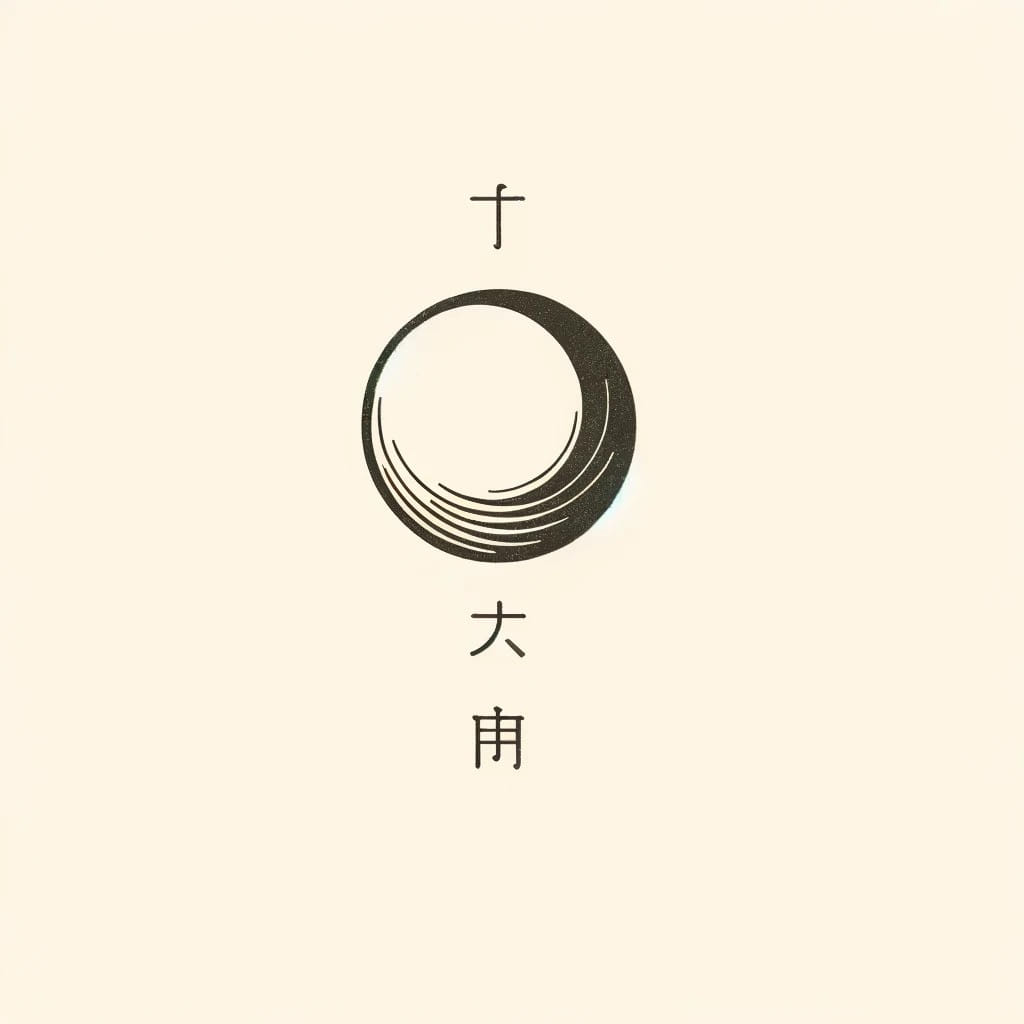· word of the day · 3 min read
Unveiling the Beauty of Tsukihi: Exploring Time and Culture in Japanese Language
Explore the Japanese word つきひ (Tsukihi) and delve into its profound meaning that reflects the passage of time and impermanence of life. Discover how integrating such words into your vocabulary not only enhances your language skills but also offers insights into Japanese culture and philosophy.

As language learners, we often focus on the essentials of vocabulary that will get us through daily conversations, basic interactions, and standard transactions. However, delving into the less known, sometimes arcane words of a language can offer a deeper, more nuanced understanding of the culture and thought processes of its speakers. Japanese, in particular, is a language rich with words that encapsulate unique concepts and cultural phenomena, often untranslatable but deeply expressive. Exploring such words not only enhances our linguistic skills but also broadens our cultural horizons.
Today, let’s explore the Japanese word つきひ (Tsukihi). This word is a beautiful example of how language and culture are intricately woven together.
Pronunciation
Tsukihi is pronounced as [tsu-ki-hi]. The stress is relatively even across all syllables, typical of Japanese pronunciation.
Meaning
The literal translation of つきひ is “moon-sun,” which represents “days” or “time” in a poetic and somewhat philosophical context. It’s a compound of two kanji: 月 (tsuki) meaning “moon,” and 日 (hi) meaning “sun” or “day.” In a broader sense, つきひ reflects the passage of time, encompassing both the transient and the eternal aspects of life.
Cultural Context and Usage
In Japanese culture, the passage of time is a central theme in many traditional arts and philosophies. The word つきひ is often used in literature and poetry to evoke a sense of fleeting beauty and the impermanence of life, concepts that are also central to Buddhist teachings prevalent in Japan. It resonates with the aesthetic principle of “mono no aware,” the poignant awareness of the transience of things, which heightens appreciation of their beauty.
Usage Example:
- 彼はつきひを忘れて働いた。(Kare wa tsukihi o wasurete hataraita.)
- “He worked as if forgetting the days (time).”
This expression can be used to describe someone who is so engrossed in what they are doing that they lose track of time, illustrating the word’s connotation of time passing unnoticed.
Idiomatic Expressions
The concept of つきひ is often reflected in idioms and expressions related to time and life’s ephemeral nature. One such expression is つきひの如し (Tsukihi no gotoshi), which means “like the days,” symbolizing something that changes or disappears as quickly as days pass.
Significance in Literature or Folklore
In Japanese literature, especially in the genre of haiku and tanka, つきひ is frequently employed to enhance the emotive quality of poems. It helps set the temporal context or the emotional backdrop against which human experiences are portrayed. The nuanced understanding of つきひ can provide deeper insights into these literary works, revealing layers of meaning that might not be immediately apparent to non-native speakers.
Conclusion
Learning words like つきひ opens up new dimensions in understanding Japanese culture and its linguistic expressions. It allows language learners to connect more profoundly with the literature, daily communication, and the philosophical or aesthetic sentiments embedded in the language. Such exploration encourages a deeper appreciation not only of Japanese but of the intricate ways in which language and culture influence each other. For anyone passionate about mastering Japanese, embracing these less common words can be both a delightful challenge and a rewarding journey into the heart of Japan’s cultural heritage.
By integrating words like つきひ into your vocabulary, you not only enhance your language skills but also gain a more intimate understanding of the cultural and philosophical underpinnings that make Japanese such a fascinating language to learn.




